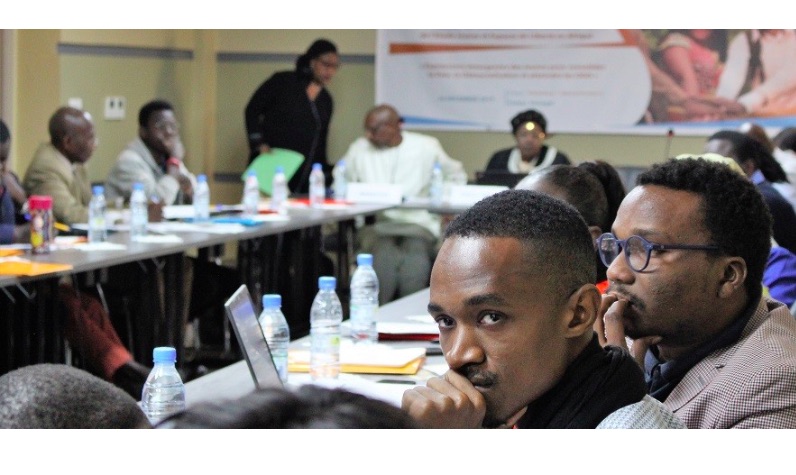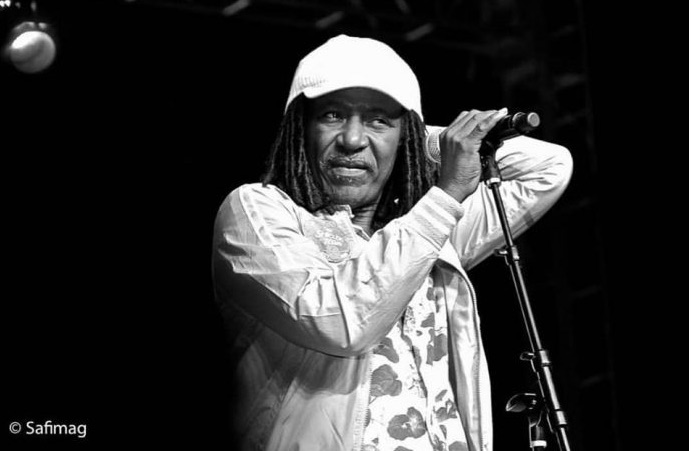FREE FLOW OF INFORMATION
An article by Tiga Cheick Sawadogo in Le Faso
The Sahel Peace Promotion Program, implemented by the Norbert Zongo National Press Center, has celebated the best radio productions on peace on February 13, 2020 in Ouagadougou, the day of celebration of World Radio Day. In magazines, microprograms and round tables, the works of four journalists have been recognized above others from twelve radio stations.

The National Press Center Norbet Zongo implements with the support of EIRENE, the peace promotion program in the Sahel. In this context, twelve partner radios from the North Central, North and Central Plateau regions benefited from capacity building and technical support to produce programs related to peace.
To capitalize on the achievements of the program, a competition for the best radio productions on peace was launched. And 84 works were recorded by the jury made up of Jean Baptiste Ilboudo, Clémence Tuina and Smaïla Rabo.
“The task was not easy. We judged the relevance of the subject, the sound quality of the work, originality of the treatment, the quality of the music, the dressing… “, explained Clémence Tuina, representative of the members of the jury. For six days, the jury worked to decide between the candidates.
(continued in right column)
Click here for the original version in French)
Question(s) related to this article:
African journalism and the Culture of Peace, A model for the rest of the world?
How can peace be promoted by radio?
(continued from left column)
“The jury regrets, the low participation of candidates and radio stations, including only four radio stations out of the dozen concerned. He therefore recommends that organizers institute a mentoring system to monitor and galvanize the radios to be produced after IN SITU training. It also recommends that they continue to build the capacity of partner radios and provide them with production equipment (recorders).
The jury urged the radio managers to encourage and motivate their journalists to produce programs (round tables, magazines, microprograms, reports and surveys).
In the microprogram category, Boureima Ouédraogo of the radio station Voix du paysan de Ouahigouya was the winner with the title “living together”. “The work deals with peace, social cohesion, showing how different communities can accept each other and how people can work to promote peace. This award galvanizes us to work more in the promotion of peace. As radio producers, we are the spokespersons of the populations and in the current context of Burkina, we have an important role to play”, explained the winner.
In the round table category, it is also a rural voice who wins with Abdoulaye Sawadogo for his work entitled “contribution of religious leaders to cohesion, in a context of violent extremism”.
As for the best magazine, the winners, a duo of radio journalist Vénégré de Ziniaré Alfred Kagambèga and Toussaint Soré,
deal with land speculation in Loumbila,
The Sahel peace promotion program also named the best radio station. There too, it was Ziniaré’s Vénégré radio which stood out. “We appreciated the team spirit that prevailed on this radio. The radio has created a program called Voices for a Culture of Peace, a program which is hosted by different journalists in turn. The magazines are punctuated; there are several voices involved, the tasks are shared and we really liked it, ”explained Clémence Tuina.
All of the winners received prizes in kind, including computers, recorders and certificates.









